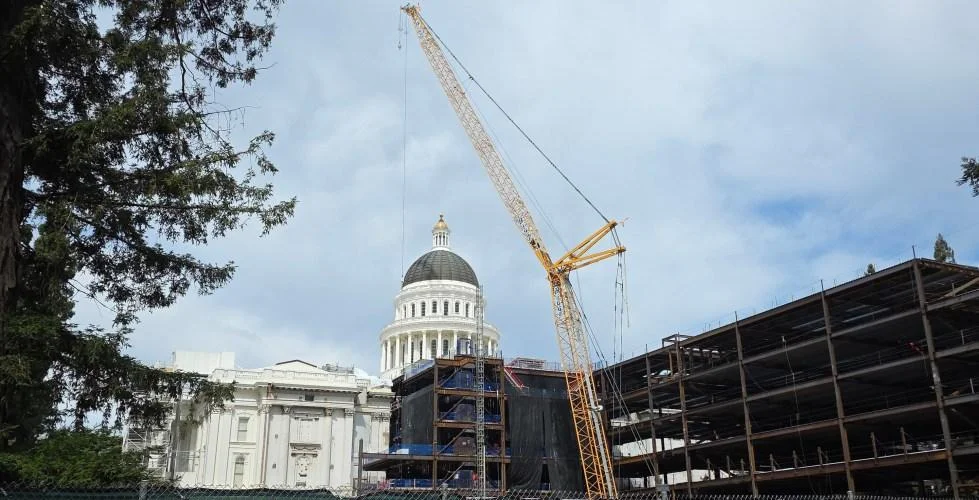
California’s $9.5 Billion Illegal Immigrant Healthcare Expansion Sparks Audit Demands And Fiscal Turmoil
California is facing an escalating crisis over its publicly funded healthcare program Medi-Cal, as lawmakers sound alarms about exploding costs fueled by expanded coverage for illegal immigrants. The controversy has triggered bipartisan debates, budgetary turmoil, and urgent demands for a sweeping fiscal audit that could significantly impact the future of California's social safety net.
At the core of this debate lies Governor Gavin Newsom’s recent policy, which made all income-qualified residents—including illegal immigrants and even those with significant assets but little income—eligible for Medi-Cal coverage. This ambitious expansion aims to provide healthcare to vulnerable populations, yet has come with a staggering price tag, raising questions about sustainability and fairness for California taxpayers.
According to a recent audit request letter by Assemblyman Carl DeMaio of San Diego, overall General Fund Medi-Cal spending has nearly doubled over six years to more than $42 billion, contributing to a total program outlay of roughly $188 billion. Notably, Newsom’s own administration acknowledged that about half this staggering increase stems from offering full-scope coverage to undocumented immigrants—costing taxpayers an estimated $9.5 billion just this year alone.
Faced with mounting deficits, Governor Newsom has now asked for a bailout totaling $6.4 billion, partly to cover these expanding costs. Republican legislators have seized this moment to request an in-depth audit not only into the ballooning budget but also into the federal reimbursements involved. They argue that coverage for illegal immigrants might be illegally billed to the federal government, exacerbating the program’s fiscal woes.
In the words of Assembly Minority Leader James Gallagher, “Democrats’ bad accounting has brought Medi-Cal to the breaking point, making it harder for patients to get in to see a doctor.” He emphasized that California owes it to its citizens—especially current vulnerable beneficiaries—to ensure Medi-Cal continues to effectively meet their needs amid skyrocketing expenses.
The figures certainly highlight the seismic shift: in 2012, about 7.6 million residents or 20% of Californians relied on Medi-Cal. By April 2024, that number had nearly doubled to 14.9 million, encompassing 38% of the state’s population, as eligibility widened and income means-testing rules relaxed. Experts note that this mushrooming enrollment has strained an already fragile system.
Healthcare policy analyst Sally Pipes from the Pacific Research Center warned that “many on Medi-Cal are already having a hard time finding doctors to treat them because of low reimbursement rates.” This doctor shortage is further aggravated by California's recent implementation of a $25 per hour minimum wage law for healthcare workers, which the governor previously sought to delay due to its impact on the budget. Hospitals and clinics now face increased costs, exacerbating the overall strain on the system.
With federal support uncertain and the governor contemplating a $7 billion withdrawal from state reserves, California’s ambitious social safety net is at a crossroads. Lawmakers debate whether broadening healthcare entitlements remains feasible without compromising access or plunging taxpayers into deeper debt.
The unfolding debate spotlights broader national questions about immigration, government spending, and the social contract. Will California recalibrate or double down on its expansive humanitarian policies? And can it do so without undermining care for millions of low-income citizens it pledges to protect?
As this fiscal showdown continues, Californians—and the rest of the nation—watch closely. We invite your thoughts: Should taxpayer-funded healthcare extend to all regardless of citizenship? How would you balance compassion with fiscal responsibility? Share your perspectives in the comments below.